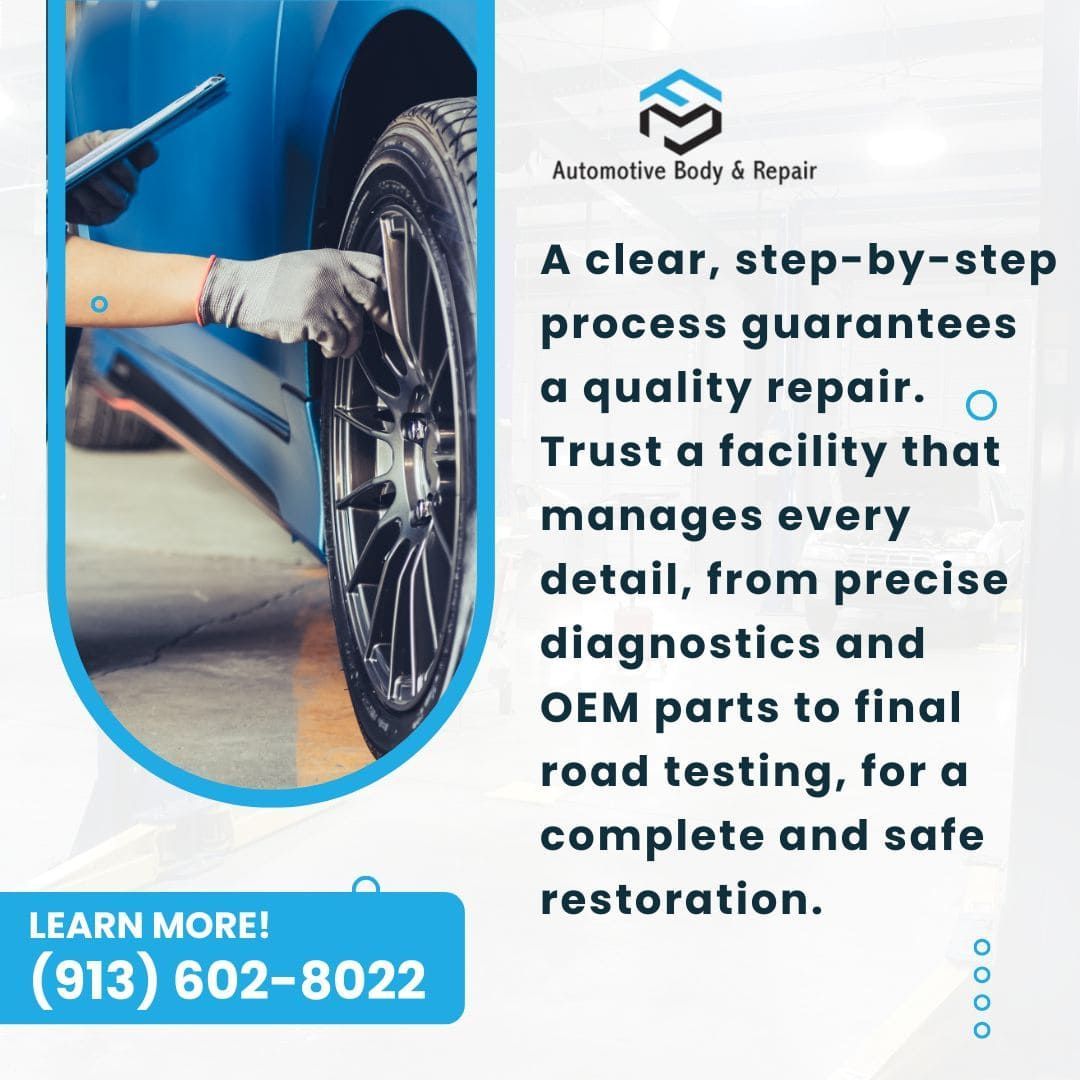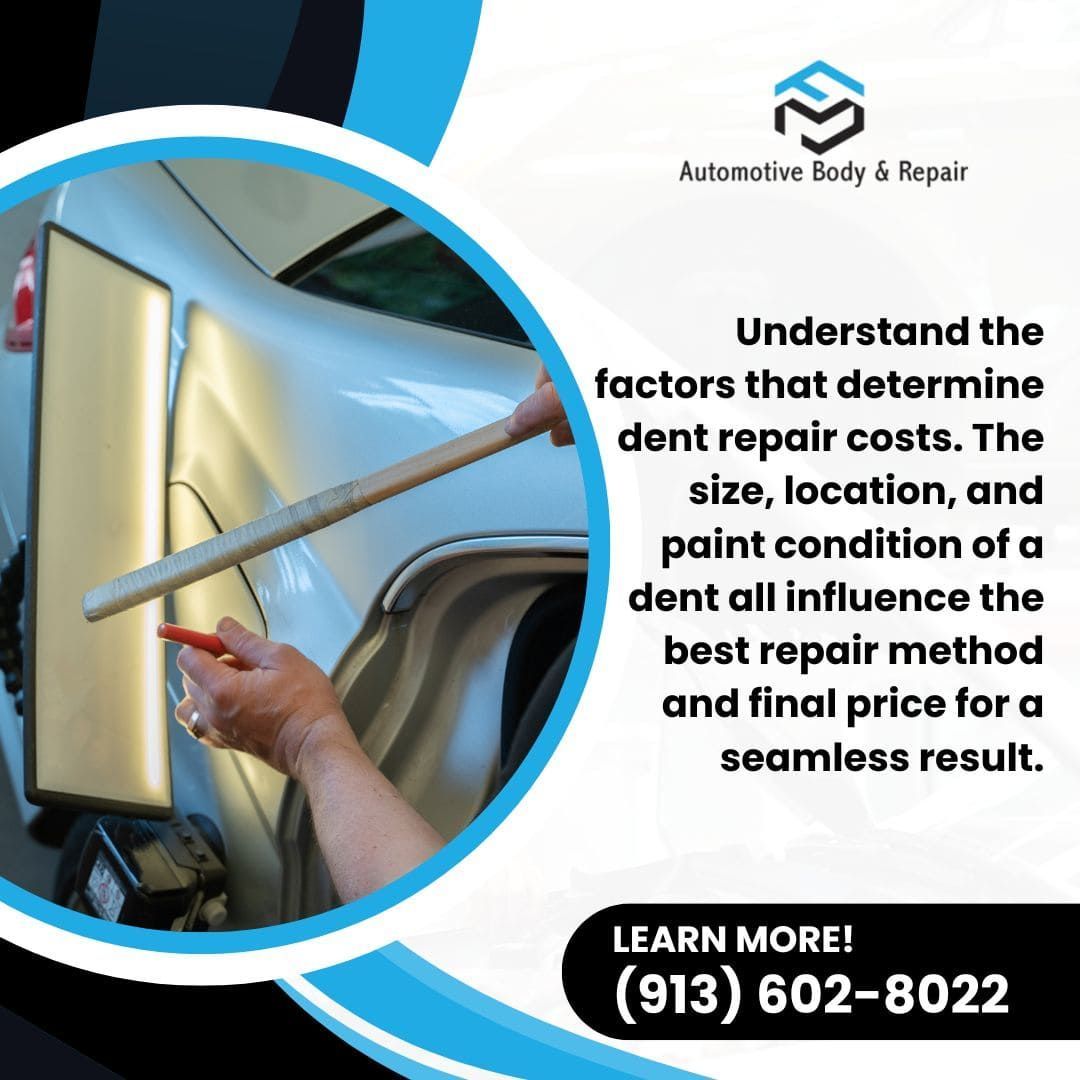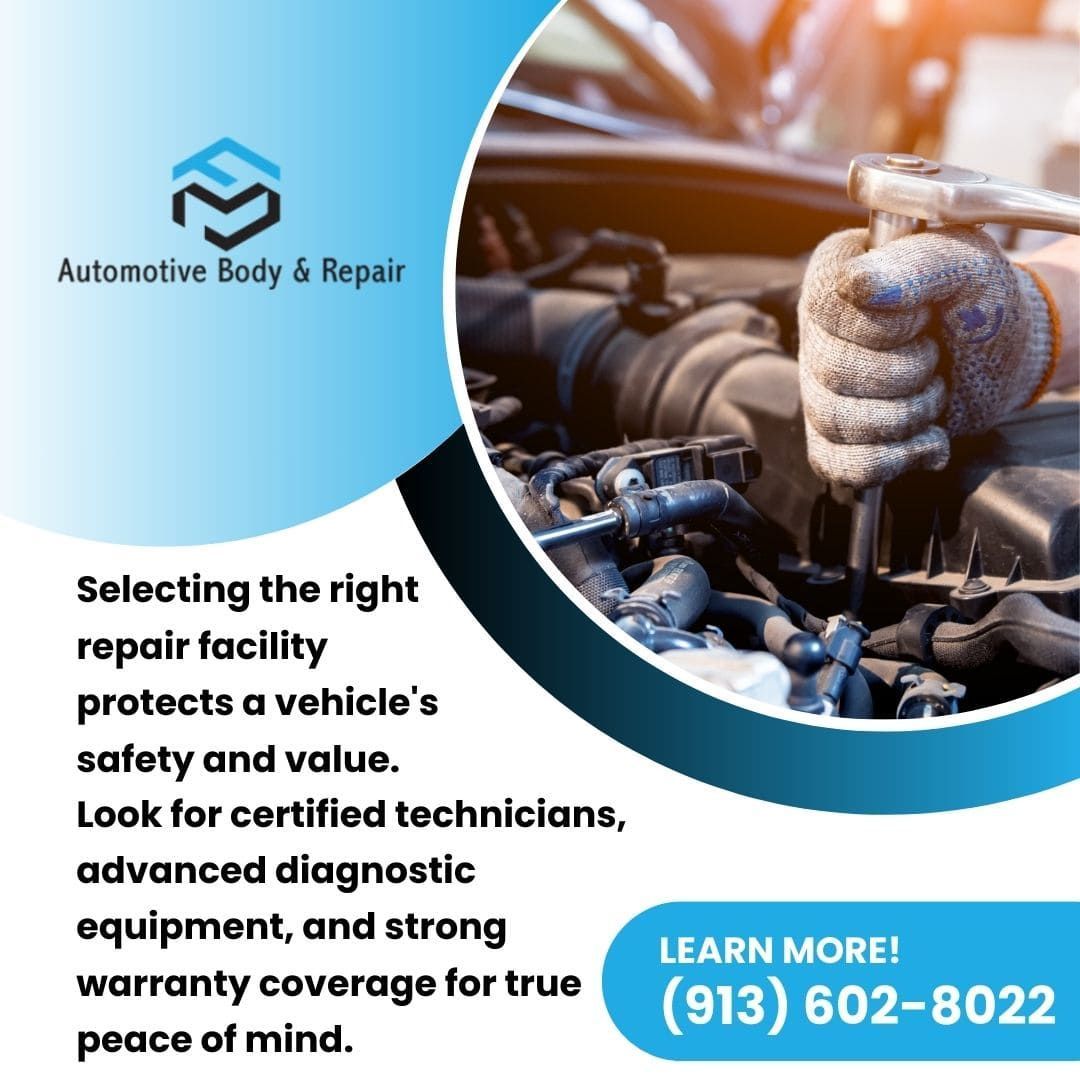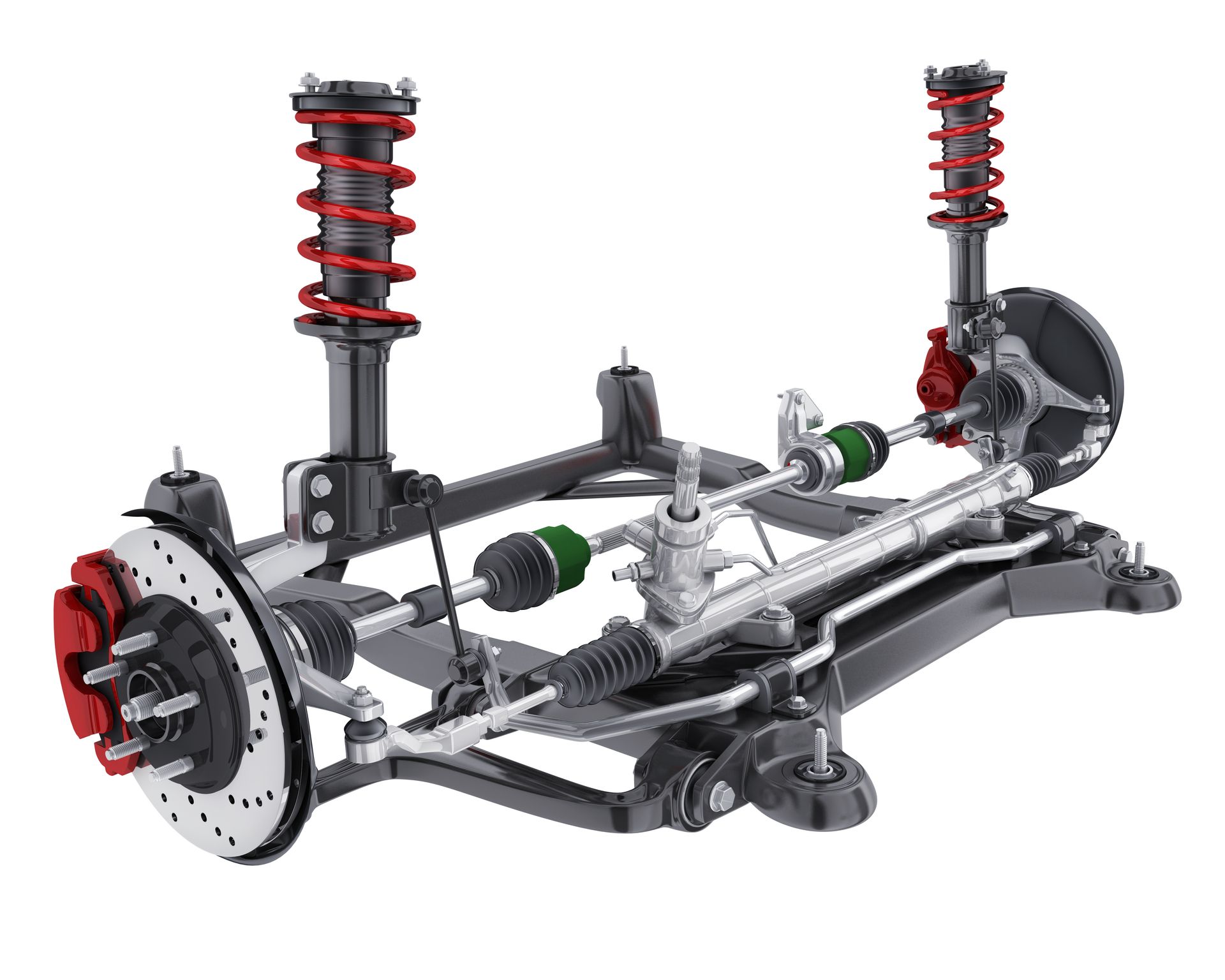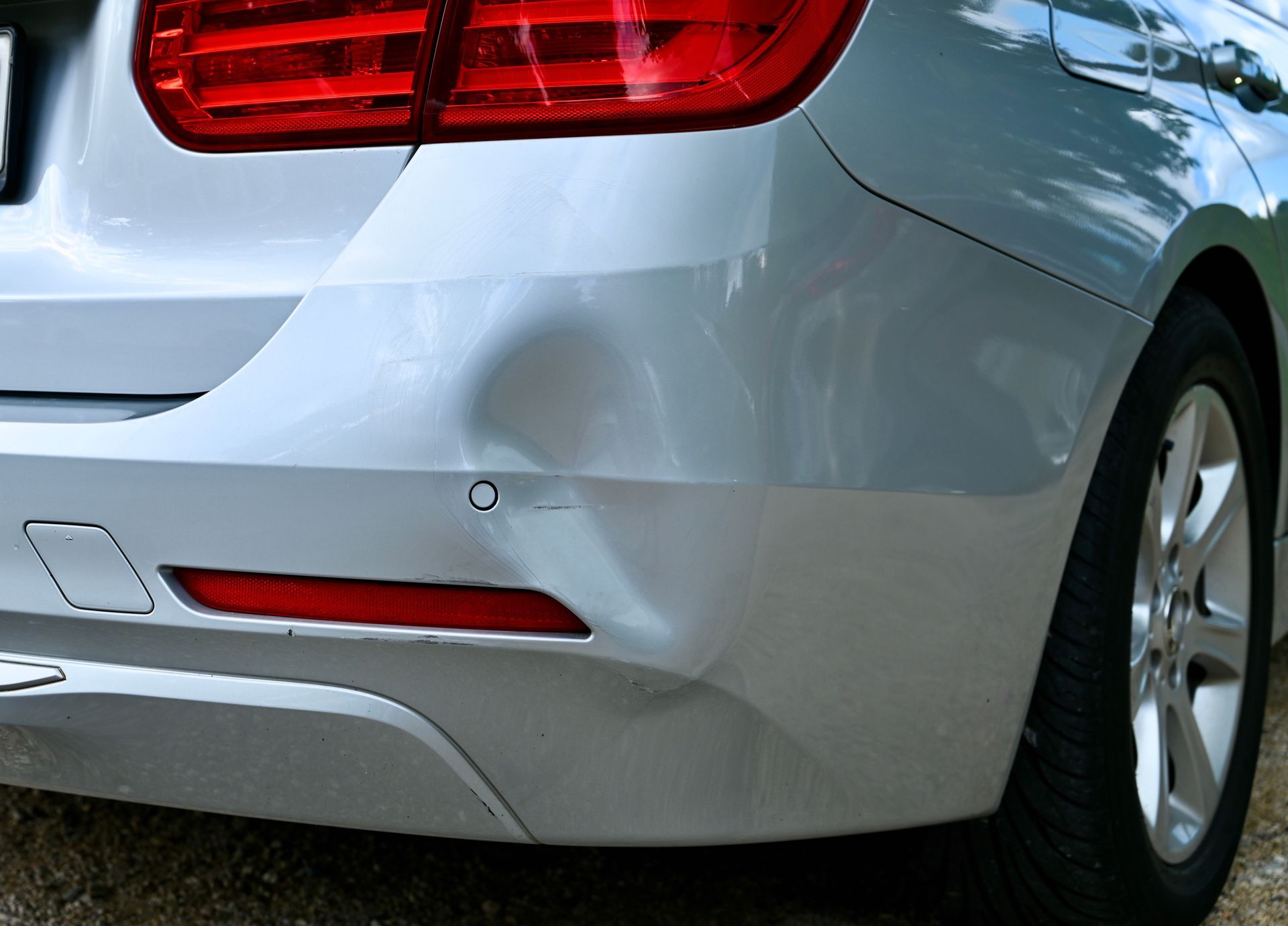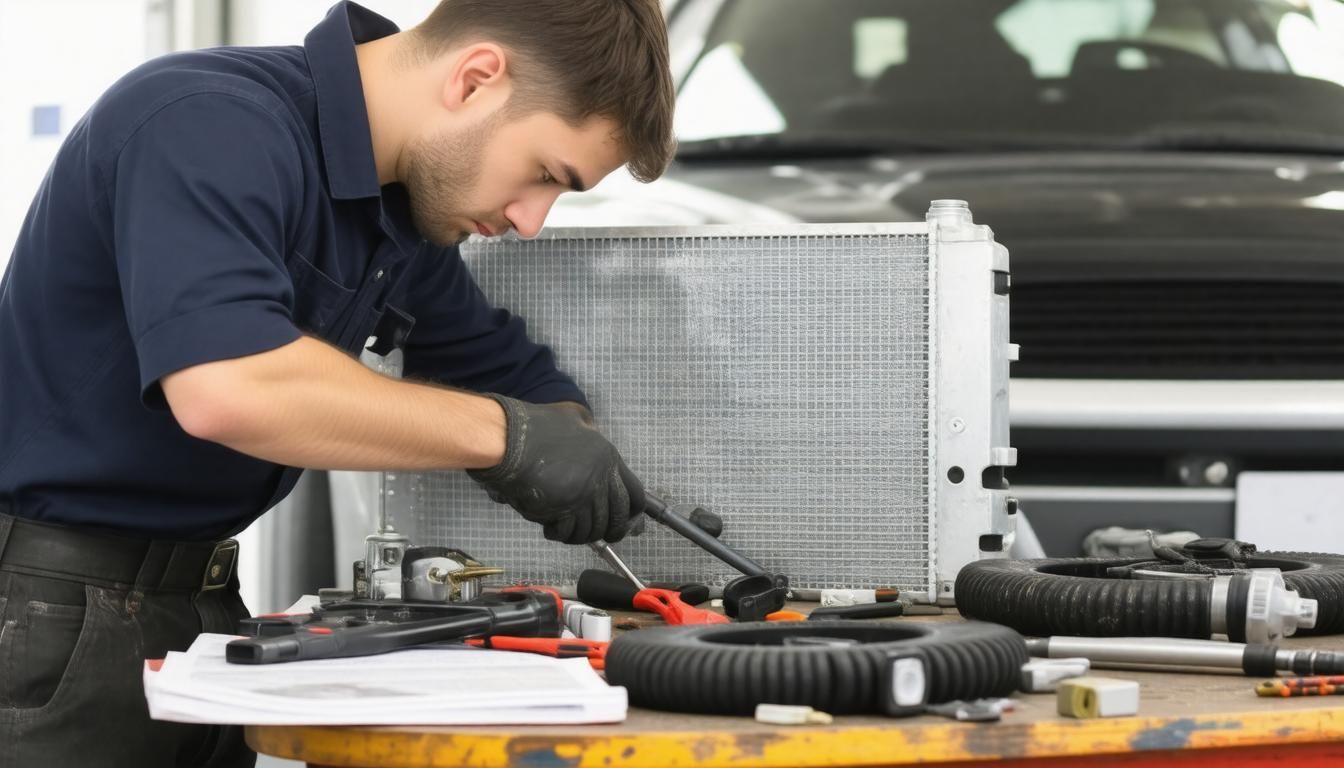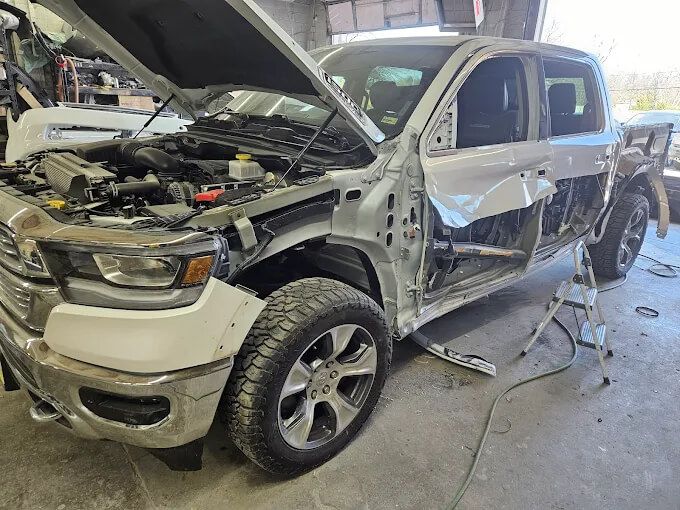When was the last time you checked under your car hood or inspected your tires? For many of us, vehicle maintenance is something we often overlook until it becomes necessary — usually after something goes wrong. However, just like regular health check-ups can catch small issues before they become serious, routine vehicle maintenance is essential for keeping your car running smoothly and safely. In this article, we’ll explore why taking care of your car is crucial not only for its performance but also for the safety of everyone on the road. Let’s dive into the importance of maintaining your vehicle and how it can save you money and headaches down the line!

Why Regular Maintenance is Key to Your Vehicle's Health
Regular vehicle maintenance is akin to routine medical check-ups for your car—it ensures everything is functioning smoothly and helps to identify issues before they escalate into major problems. You might wonder, what happens if I ignore these check-ups? According to the Car Care Council, approximately $60 billion worth of vehicle maintenance goes unperformed each year. This statistic represents countless drivers facing the consequences of costlier repairs down the line.
Consider one of the most vital components of your vehicle—the engine oil. Changing it regularly—every three thousand to seven thousand five hundred miles, depending on your vehicle—prevents sludge buildup that could lead to catastrophic engine failure. This little act of care costs far less than the thousands you could spend on repairing or replacing a damaged engine.
The Overlooked Costs of Neglect
Some enthusiasts argue that modern vehicles equipped with advanced technology require less frequent upkeep; however, critical components such as brakes, tires, and cooling systems still necessitate regular checks. If you think brakes will just keep working indefinitely because your car has smart sensors, think again! A brake failure from negligence can result in dire circumstances—not just for you but for others on the road too. By delaying necessary inspections, you risk both your safety and that of those around you.
It's clear that regular maintenance serves more than just fixing immediate concerns; it dramatically prolongs the lifespan of your vehicle. Think of it like taking vitamins and leading an active lifestyle—these small daily habits can yield significant long-term health benefits. By maintaining fluid levels, tire sizes, and proper brake function, you create an environment where your vehicle can thrive.
Preventive Measures and Cost-Effectiveness
Preventive maintenance isn’t just a fancy term; it’s a proactive strategy that lets you catch potential problems before they escalate into costly disasters.
Making small investments in your vehicle's upkeep can go a long way toward avoiding major repairs. For instance, by maintaining your tire pressure or ensuring timely oil changes, you can significantly boost your fuel efficiency. In fact, simple and inexpensive maintenance can save drivers up to $1,200 annually in gasoline costs thanks to improved fuel economy.
The reality is that many drivers neglect regular maintenance, leading to premature wear on their vehicles and extensive repair bills down the line.
To grasp the cost-effectiveness of preventive measures, consider this table that summarizes key tasks:
| Maintenance Task | Frequency | Cost Savings |
|---|---|---|
| Oil Change | Every 3,000 - 7,500 miles | Improved engine health |
| Brake Checks | Every 6,000 - 7,500 miles | Prevents costly brakes repairs |
| Tire Rotation | Every 6,000 - 8,000 miles | Extends tire life, saves fuel |
| Coolant System Flush | Every two years | Prevents overheating issues |
| Battery Maintenance | Every 3-5 years | Ensures reliable starting power |
Each of these tasks involves minimal costs compared to the hefty repair bills they prevent; for example, an oil change costs between $50 and $100, while neglecting it may lead to engine failure—potentially costing you over $4,000 to replace! Similarly, routine brake checks and tire rotations aren't just about keeping things running smoothly; they actively prevent potentially dangerous situations on the road.
Engaging in these preventive measures keeps your car performing optimally while saving money in the long run. It’s like investing in health insurance: pay a little now or face significant costs later.
Safety Enhancements Through Regular Checks
Safety is an integral aspect of vehicle maintenance that often gets overlooked in the hustle and bustle of our daily lives. For instance, take a moment to think about your headlights and taillights. Regular inspection of these lights ensures that they function properly, providing crucial visibility during nighttime driving or adverse weather conditions. A burned-out bulb limits visibility for both you and others, increasing the risk of accidents.
Now let’s consider your windshield wipers and the fluid they depend on. It might seem minor, but worn wipers can lead to streaks and obstruct your view in heavy rain, making it incredibly dangerous. Thus, checking your wiper blades regularly and replacing them when they show signs of wear is vital, along with ensuring that the wiper fluid reservoir is adequately filled.
And just like the importance of lighting systems and wipers, another key area demands your attention: the exhaust system.
A well-maintained exhaust system is crucial not just for your vehicle's efficiency but also for health and safety reasons. Cracks or holes can allow harmful gases to seep into the car cabin, posing serious health hazards over time. Regular checks will help catch any issues early, as muffler problems can lead to excessive noise or a drop in fuel economy. Ensuring proper functioning protects you and those around you.
Furthermore, don’t forget about regular oil changes! This step might feel routine, but it plays a significant role in ensuring engine longevity and performance. Regular oil changes reduce friction between engine components and prevent overheating while also filtering out harmful debris from the oil system. In fact, properly maintained oil greatly contributes to your vehicle's efficient operation—a smooth-running engine is crucial for both performance and safety.
By taking a little time each month for these checks—like many drivers do—you pave the way for safer driving experiences while actively contributing to long-term vehicle reliability.
As you prioritize these maintenance checks, remember they act as the first line of defense against potential failures that could affect safety and efficiency on the road. Whether it's ensuring your tires are properly inflated, brakes are checked and functioning, or keeping an eye on fluid levels—these steps are essential for staying safe and secure in your vehicle.
This commitment to simple yet effective habits enhances not only your safety but also ensures peace of mind as you navigate various road conditions. Your car deserves it!
Prolonging Vehicle Lifespan with Routine Care
It's easy to think of vehicles as mere machines, but they're like living beings with needs that must be met. Regular maintenance, such as changing fluids, inspecting brakes, and checking tires, can make a significant difference between a smooth ride and unexpected repairs. Every component in your vehicle plays a role in its overall health; if one isn’t functioning correctly, others can become strained or fail outright.
The Importance of Routine Inspections
Regular inspections aren’t merely about avoiding catastrophic failures, though that is indeed a crucial benefit. They also allow you to catch small issues before they snowball into major repairs. For instance, consider tire pressure monitoring. A tire that’s consistently underinflated can lead to uneven wear and tear, shortening its lifespan significantly. In fact, proper tire pressure can enhance fuel efficiency by 3-5%, translating to real savings at the pump over time.
This emphasizes the value of simple yet effective maintenance tasks we often overlook. An oil change may take less than an hour and cost relatively little compared to the extensive labor required for an engine overhaul after years of neglect.
Following Manufacturer Guidelines
Manufacturer-recommended maintenance schedules are invaluable resources tailored specifically to your vehicle's needs. Each make and model comes with its unique quirks and requirements. To achieve optimal performance and longevity, it’s essential to follow these schedules found in your owner’s manual. These guides tell you exactly when to rotate tires, replace spark plugs, and change fluids based on the specific conditions you're driving in—like whether you mostly drive in stop-and-go traffic versus highway driving.
By adhering to these recommendations, you'll ensure that every aspect of your vehicle is functioning as intended, preventing unnecessary stress on its components.
Benefits Beyond Longevity
There’s a bigger picture when it comes to regular maintenance: enhancing resale value. A well-maintained vehicle lasts longer and holds its value better than one that has been neglected. Prospective buyers appreciate complete service records that demonstrate you took care of the car during ownership. If you’ve kept meticulous records of routine maintenance with receipts from places like F & M Automotive Body & Repair, it tells potential buyers they’re making a sound investment.
Routine maintenance carries immediate costs for inspections and services but leads to long-term savings by sidestepping larger repair expenses down the line. Investing in your car now pays dividends later—not just in terms of money saved but also peace of mind knowing your vehicle is in prime condition.
DIY vs. Professional Maintenance Choices
When you're in a position to decide between taking the DIY route or seeking professional assistance, a few key factors come into play.
One of the most enticing aspects of doing things yourself is the cost savings: simple tasks like oil changes or air filter replacements can typically be managed with just a few basic tools and a bit of patience, significantly reducing labor costs.
And let's not forget convenience—being able to tinker with your car on your own schedule means you won't have to rush to beat the clock at a shop. You can take your time, enjoy the process, and possibly even learn something new about your vehicle along the way.
However, it's essential to weigh these benefits against the potential downsides of DIY jobs.
When considering professional help, expertise stands out as a compelling advantage. Professionals are trained and equipped with specialized tools that give them an edge in handling complex issues effectively and efficiently.
Think about it: if your vehicle is making an odd noise or showing an unusual warning light, wouldn't you want someone with experience diagnosing what's wrong? Beyond diagnostic prowess, professionals often have access to better parts suppliers, ensuring any replacements meet manufacturer specifications.
Moreover, there's an important aspect of warranty compliance to consider. Many warranties have specific requirements for regular maintenance; getting this service performed by a certified technician can ensure you're not voiding coverage inadvertently. This is especially crucial for new vehicles, where warranties can last several years and cover costly repairs if something goes wrong.
Time efficiency is another vital point when comparing DIY to professional maintenance. Professionals often have streamlined processes due to their experience, which means they can complete jobs faster than the average novice car owner.
Their skilled hands could finish what might take you a weekend in just several hours. Therefore, when factoring in personal time versus cost, sometimes paying for professional services can actually save you more than simply doing it yourself.
Evaluating your skill level and available resources will ultimately guide your choice between DIY maintenance and professional service. It’s all about finding that right balance as you move forward into establishing effective practices for maintaining your vehicle.
Stay Safe and Save More with Regular Vehicle Maintenance
Keeping up with regular vehicle maintenance is one of the easiest ways to protect your car and your safety. It helps catch small issues early before they turn into major problems. A well-maintained vehicle also runs more efficiently, saving you money on fuel and repairs over time. At
F & M Automotive Body & Repair, we understand how important it is to keep your car in top shape. Our skilled team is ready to handle everything from routine checkups to more detailed inspections. Visit us today at
6400 Carter Ave. #100, Merriam, KS, 66203, or call us at
913-578-0839 to
schedule your regular vehicle maintenance and keep your car running strong!
